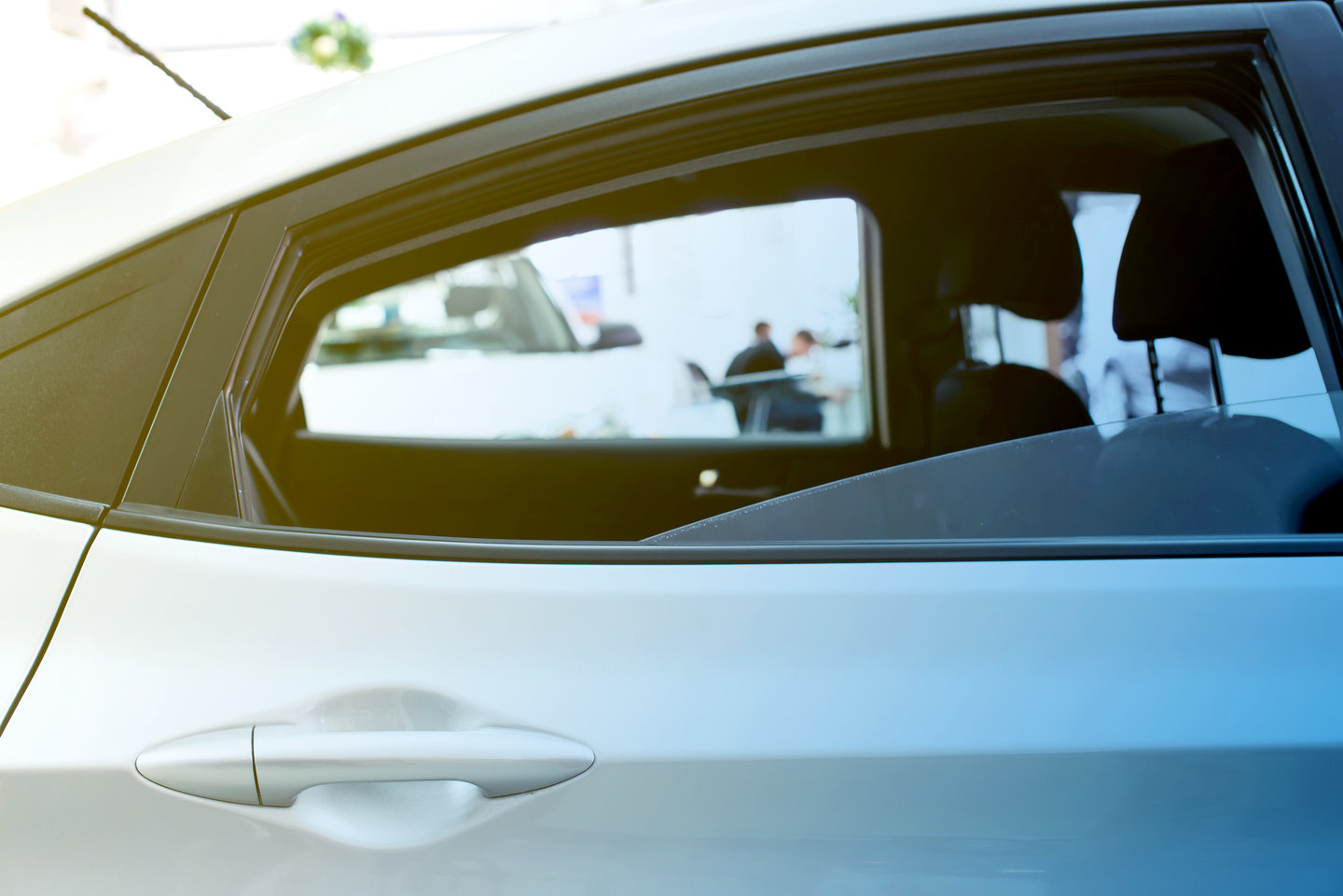THE Market: Forecasts and PROJECTIONS
Delivering in a competitive marketplace
What should you get from this section?
Within this section, we provide a forecast and projections to support your business planning scenarios.
Continue reading
"Building on data and insight, we offer up projections and scenarios on which to make decisions."
Philip Nothard - Insight & Strategy Director, Cox Automotive

Pivoting through crisis
There is no doubt 2020 has presented a tough challenge for automotive manufacturers, retailers, and the wider supply chain. Indeed, even before COVID-19 threw plans off course, Brexit, global politics, environmental legislation, commission disclosure, and competition reviews had all prompted organisations to take an agile approach to business planning.
Such a proactive focus has turned out to be worthwhile despite the unpredictability, with many businesses able to call on their various scenario preparations to put in place structures and processes from which to rebuild and grow. The automotive sector has been hit hard and, until the latest second wave of COVID-19 hit, consumer confidence was showing signs of returning as we head through the next 12 months.
"COVID-19 has rapidly accelerated the shift towards digital channels that were already taking place. In 2018, we predicted that 80% of wholesale transactions would be digital by 2022. COVID-19 has accelerated that timeline. Since the lockdown, 100% of our transactions have been online. We will see buyers return to physical auctions but not in the volumes experienced prior to March 2020. The blend has now shifted permanently in favour of online buying."
Liam Quegan, Managing Director at Manheim Auction Services and NextGear Capital
Forecasts in context
Within this section, we explore forecasts through to the end of 2020 and a 12-month view for 2021. We also consider some of the key trends brought about by the global response to COVID-19, plus the ongoing considerations around Brexit, border tariffs, environmental legislation, and competition law.
Specifically, we compare the current recessionary behaviours with the trends and outcomes from the last big crash back in 2007. That financial meltdown took seven years for the automotive sector to recover to pre-crash volume levels and, even then, only with the help of a scrappage scheme stimulus. While only a frame of reference, it provides some interesting parallels and points of difference.
The shape of our forecasts
In line with previous Insight Reports, we have developed three potential forecast scenarios – high, medium, and low. Against each scenario we have indicated some of the influencing factors.
- Best-case scenario (unlikely):
Economic bounce-back to ‘normal’; unemployment falls after Q1; no significant tariffs; government support for the industry; no significant 2021 wave of COVID-19.
- Mid-case scenario (likely):
Steady economic growth but fragile consumer confidence; rising unemployment in H1; cash weakness; medium new vehicle tariffs; some COVID restrictions; weak OEM appetite for the UK.
- Worst-case scenario (unlikely):
Stuttering economic recovery; heavy tariffs; weak sterling; continuation of COVID-19 impact; low consumer confidence; high unemployment;.

An unsustainable trend?
As we entered 2020, some commentators were already arguing that new car registration figures were reaching unsustainable levels, artificially inflated and in need of a rebalancing to a more ‘normal’ result for the market. Imbalance in supply and demand was already putting pressure on used vehicle values, with readjustment expected in the coming year.
The Cox Automotive dealer sentiment survey in January 2020 found that almost half of dealers (48%) expected new car transactions to decline, despite also expecting consumer confidence to increase (52%).
There was also an optimistic approach to the used car sector, with three fifths (57%) expecting used transactions to increase (Cox Automotive, 2020).
While there are some similarities to the post-financial crash of 2007/8, we must recognise that the impact of COVID-19 may be much more extensive than the fallout of an economic recession. Pressures have been (and continue to be) felt throughout production and supply chains at all levels, upstream and downstream. The new and used car markets recovered differently post-2007, and we expect to see the same this time round.
Diverting attention to focus on the pandemic response has also left manufacturers and retailers with an uphill battle to prepare for Brexit; the potential for World Trade Organization (WTO) tariffs and rules; and Block Exemption regulations. Will the UK continue to form part of the Corporate Average Fuel Economy (CAFE) legislation for CO2 reduction? Will manufacturers still want to launch new models in the UK? How will global OEMs view the UK new car market in isolation?
Read our overview
The Outlook
The shape of our forecasts
In line with previous Insight Reports, we have developed three potential forecast scenarios – high, medium, and low. Against each scenario we have indicated some of the influencing factors.
- Best-case scenario (unlikely):
Economic bounce-back to ‘normal’; unemployment falls after Q1; no significant tariffs; government support for the industry; no significant 2021 wave of COVID-19.
- Mid-case scenario (likely):
Steady economic growth but fragile consumer confidence; rising unemployment in H1; cash weakness; medium new vehicle tariffs; some COVID restrictions; weak OEM appetite for the UK.
- Worst-case scenario (unlikely):
Stuttering economic recovery; heavy tariffs; weak sterling; continuation of COVID-19 impact; low consumer confidence; high unemployment.